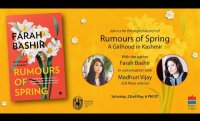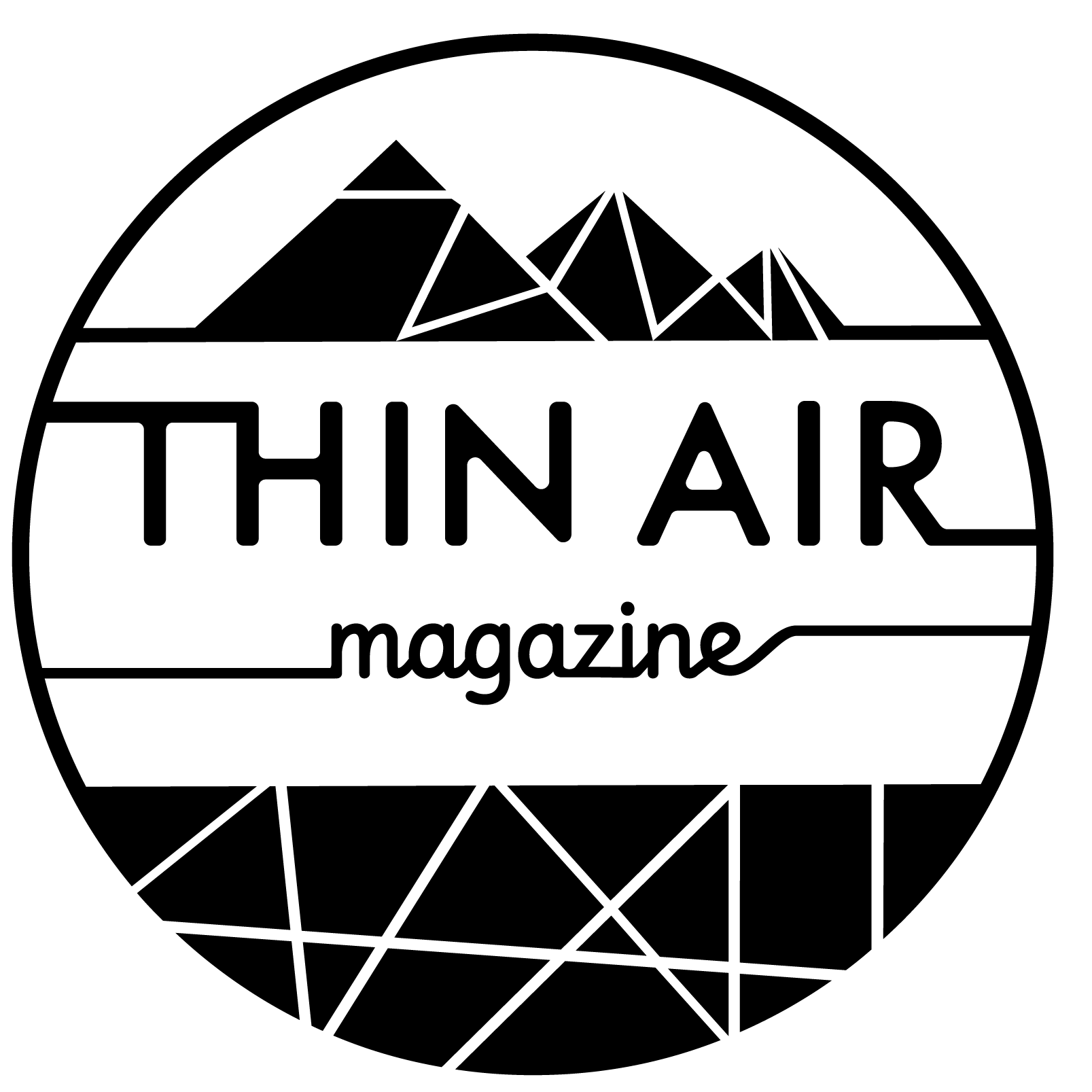Get into the holiday spirit and apply to the following contests, which all have deadlines of November 30 or December 1. Three of the opportunities are for poets looking to publish their debut collections. All contests offer a cash prize of $1,000 or more, and one lucky writer will have the opportunity to give a reading in Washington, D.C.!
African Poetry Book Fund Sillerman First Book Prize for African Poetry: A prize of $1,000 and publication by University of Nebraska Press in conjunction with Amalion Press is given annually for a debut poetry collection by an African poet. Writers who were born in Africa, are African nationals or residents, or whose parents are African are eligible. The African Poetry Book Fund editorial board will judge. Deadline: December 1. Entry fee: None.
Autumn House Press Rising Writer Prize in Poetry: A prize of $1,000 and publication by Autumn House Press is given biennially for a debut poetry collection. The winner will also receive a $500 grant for travel and book promotion. Donika Kelly will judge. All finalists will be considered for publication. Deadline: November 30. Entry fee: $25 (may be waived in cases of financial need).
BOA Editions A. Poulin Jr. Poetry Prize: A prize of $1,000 and publication by BOA Editions is given annually for a first book of poetry by a U.S. resident. Stephanie Burt will judge. Deadline: November 30. Entry fee: $25.
Breakwater Review Fiction Contest: A prize of $1,000 and publication in Breakwater Review is given annually for a story. All finalists are considered for publication. Deadline: December 1. Entry fee: $10.
Fish Publishing Short Story Prize: A prize of €3,000 (approximately $3,517) and publication in the annual Fish Publishing anthology is given annually for a short story. The winner will also be invited to attend a five-day short story workshop and read at the West Cork Literary Festival in July 2022. Sarah Hall will judge. All entries are considered for publication. Deadline: November 30. Entry fee: $26.
Green Linden Press Wishing Jewel Prize: A prize of $1,000 and publication by Green Linden Press will be given annually for a book of poetry “that challenges expectations of genre, form, or mode” and that “questions the boundaries of what poems and books can be.” Christopher Nelson will judge. All finalists will be considered for publication. Deadline: November 30. Entry fee: $25.
Hawai’i Council for the Humanities Tony Quagliano Poetry Award: A prize of $1,000 will be given biennially to a poet with a body of work that “pushes the boundaries of poetic craft” who also “contributes meaningfully to the literary community.” Poets who have published at least 25 poems in journals, anthologies, chapbooks, or books are eligible. The award particularly seeks to recognize poets with a connection to Hawai’i or the Pacific. Deadline: December 1. Entry fee: None.
Narrative Fall Story Contest: A prize of $2,500 and publication in Narrative is given annually for a short story, a short short story, an essay, a short graphic narrative, or an excerpt from a longer work of prose. A second-place prize of $1,000 and publication in Narrative is also awarded. The editors will judge. All entries are considered for publication. Deadline: November 30. Entry fee: $27.
Regal House Publishing W.S. Porter Prize for Short Story Collections: A prize of $1,000 and publication by Regal House Publishing will be given annually for a short story collection. The editors will judge. Deadline: December 1. Entry fee: $25.
Waywiser Press Anthony Hecht Poetry Prize: A prize of $3,000 and publication by the Waywiser Press is given annually for a poetry collection by a poet who has published no more than one previous collection. The winner will also be invited to give a reading in with the contest judge in conjunction with the Folger Shakespeare Library in Washington, D.C. Deadline: December 1. Entry fee: $29.
Visit the contest websites for complete guidelines, and check out the Grants & Awards database and Submission Calendar for more contests in poetry, fiction, and creative nonfiction.









